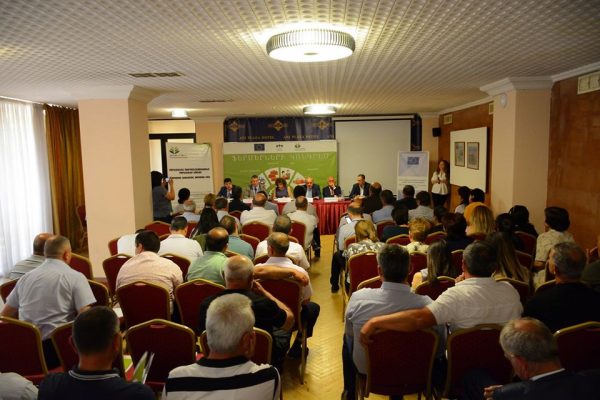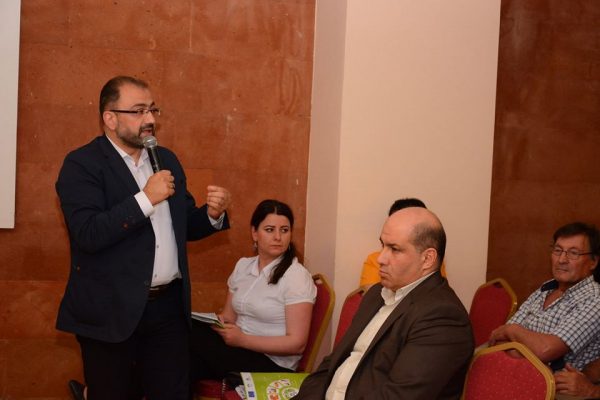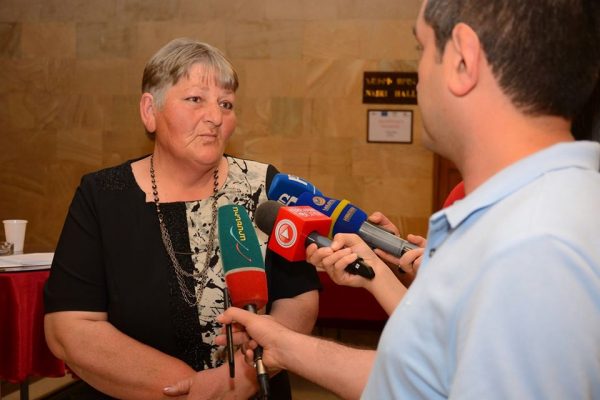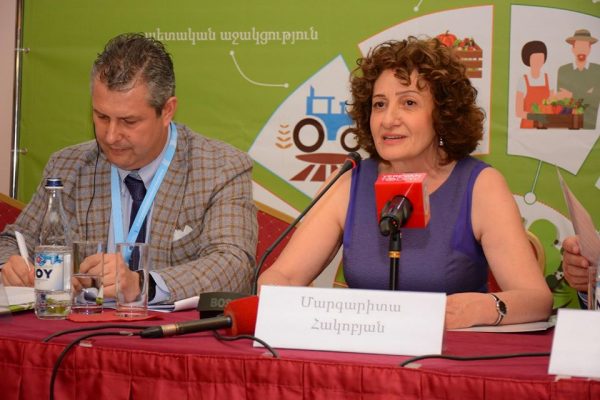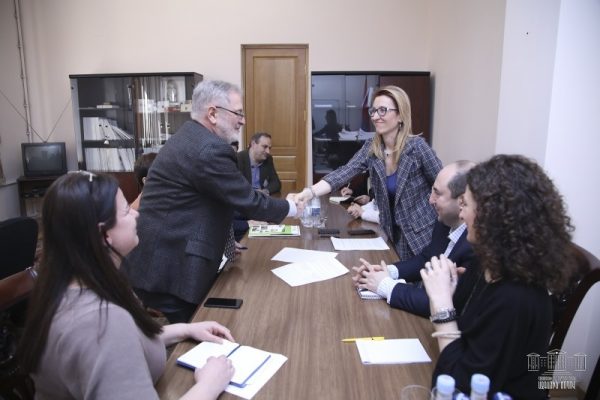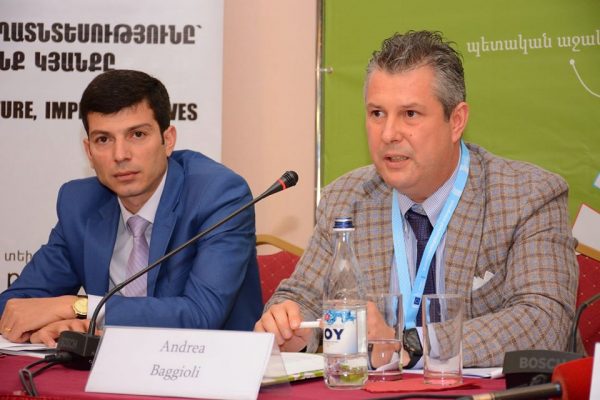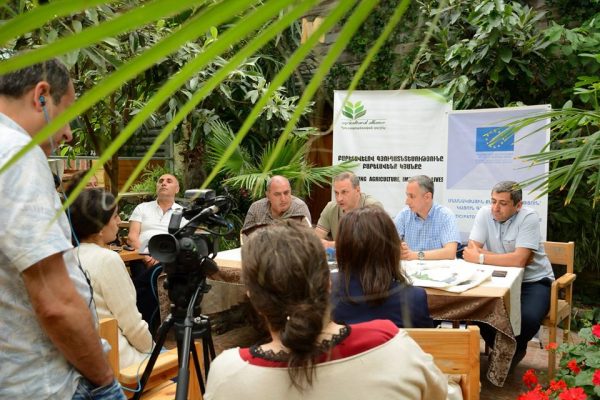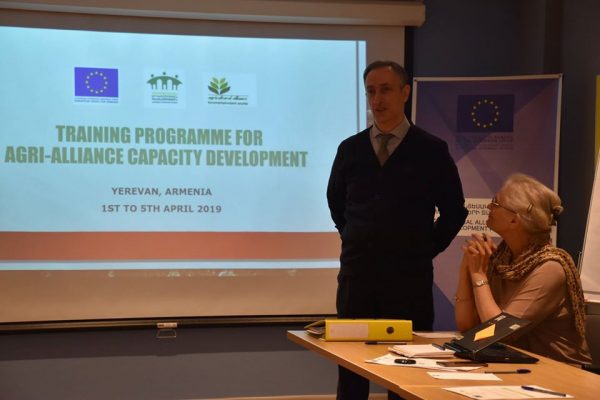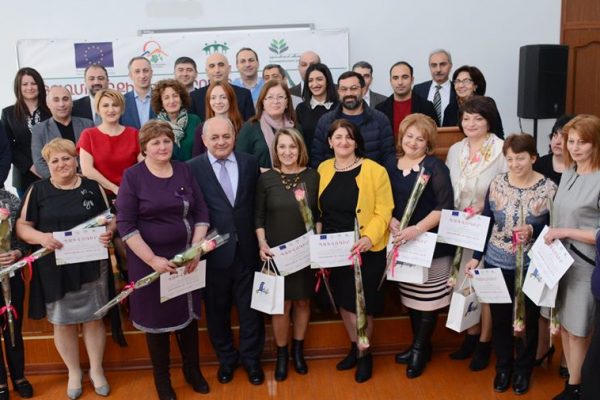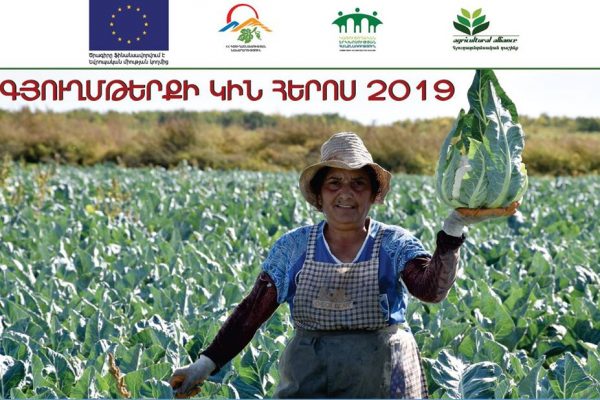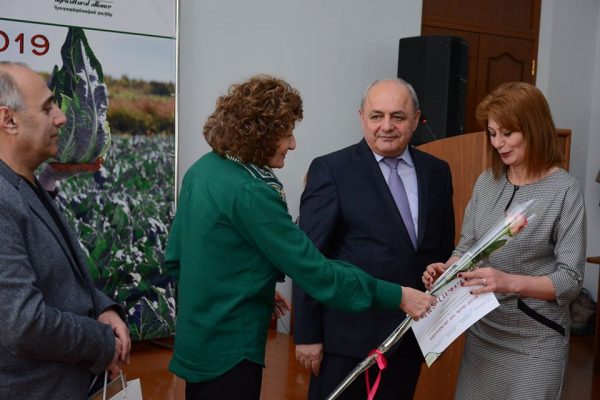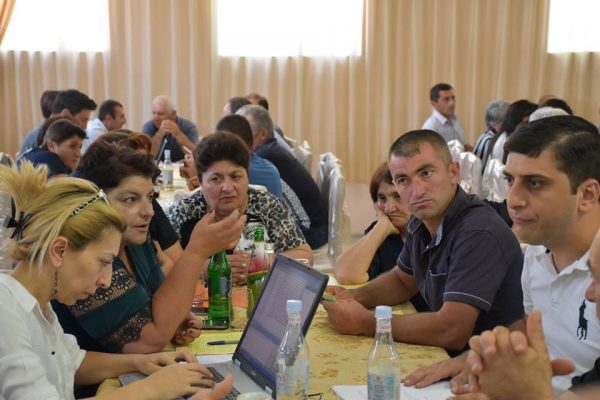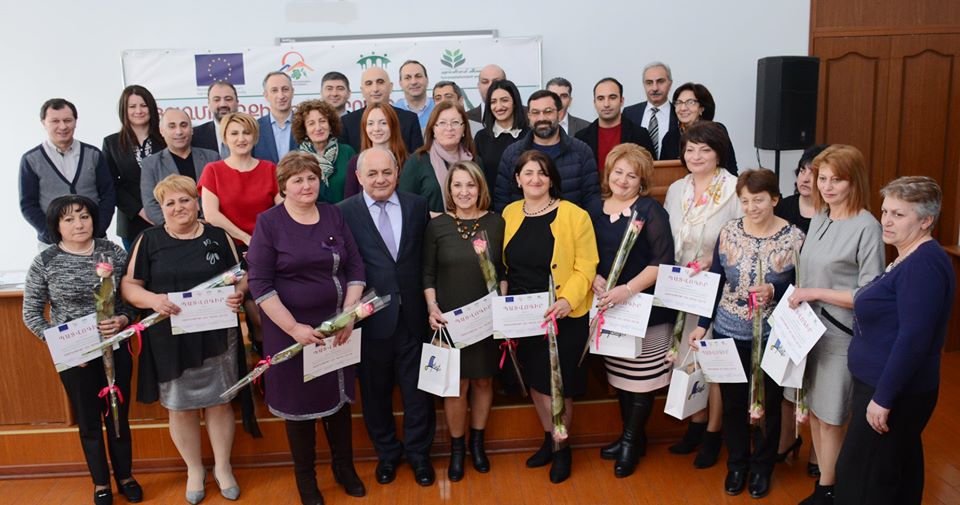
IMPROVING AGRICULTURE- IMPROVING LIVES
Agricultural Alliance of Armenia (AA) was established in 2011 as a non-formal multi-stakeholder national platform on voluntary basis to create partnership/initiatives and work in the sector of Agriculture in Armenia. It brings together 20 local and international organizations involved in the Agriculture development.
Vision
Armenia with developed Agriculture, food security and improved nutrition (quality food) for the Armenian population is in place and the Sustainable Development Goals are achieved.
Mission
Agricultural Alliance contributes to the creation of an enabling environment for the development of agriculture in Armenia, through collaborative initiatives such as joint programs, research, advocacy, lobbying, educating, exchange learning focusing on the role and contribution of smallholder farmers.
The Alliance members signed a Statement/Memorandum of Understanding thus agreed on the following:
- Find effective and practical solutions to existing problems and challenges in the Agricultural sector
- Joint advocacy and lobbing on national policy making and legislative changes.
- Exchange information and learning.
Each AA member organization is unique and has its own high profile, vision and mandate in the Agriculture development sector. AA is based on the rotational management principle ensuring equal involvement of the members.
During these years AA worked on several issues, particularly access to Agricultural loans, legislative amendments on Agricultural cooperatives, Gender mainstreaming of Agricultural policies, improvement of Food Security etc. The joint discussions and advocacy work around all these issues resulted in the development of Strategy of Sustainable Agricultural Development (SSARD) in the Republic of Armenia for 2015-2025.
On September 25, 2013 a Memorandum of Understanding was signed between the Ministry of Agriculture and Agricultural Alliance aimed to provide a framework for cooperation and initiate joined steps towards solving the problems in Agriculture.
Strategic Directions
- Agricultural Education
- Agricultural Loans
- Development of Agricultural Cooperatives
- Gender Mainstreaming of Agricultural Policies
- Improvement of Food Security
- Monitoring and Evaluation of Agricultural Policies
- Agricultural Insurance

